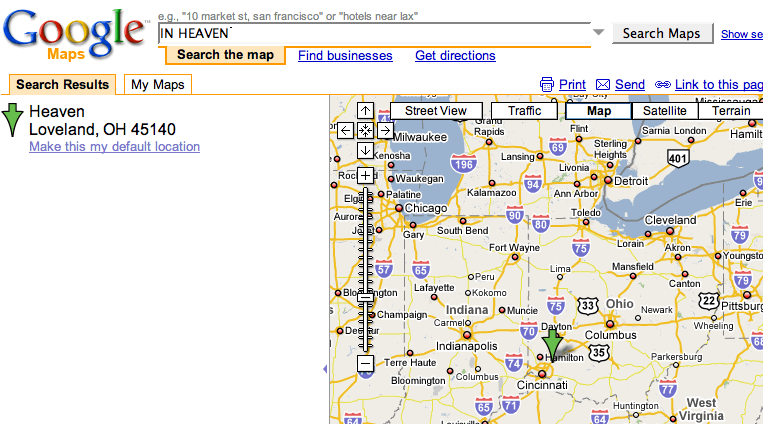Final conjunctions
In response to my posting about the language of three imprisoned children in Linz, Austria, several people have commented on the report that the children finished all their sentences with the word "but" (which I took to mean German aber). Two noted that many German speakers use sentence-final conjunctions (oder 'or', but also aber) as discourse particles, and one supplied a possible parallel from colloquial Italian (with ma 'but'). Then I recalled a discussion on the newsgroup sci.lang in 2006 about sentence-final but in varieties of English and in Hawaiian Pidgin. No doubt there are parallels in other languages; the semantic development is not surprising (more on this below).
So it's likely that the children were just using a feature of colloquial German speech, which was then over-reported by an observer and treated as strange and new by journalists. Certainly we've seen many such cases here on Language Log.
Read the rest of this entry »



